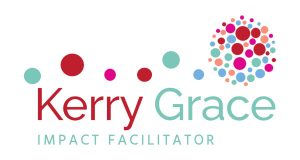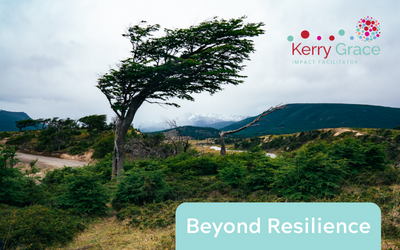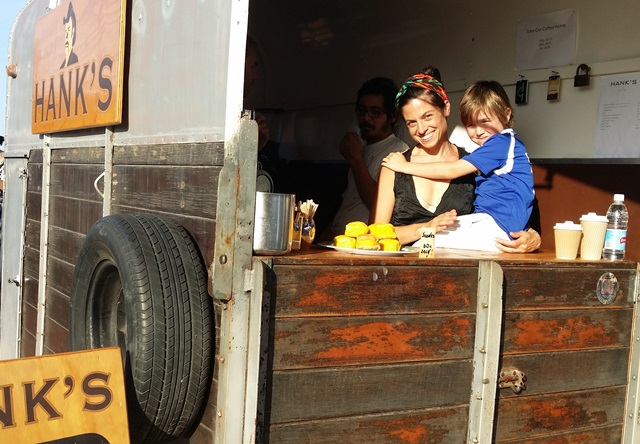Foreword: My own relationship with the word resilience has changed over the years. While I was quick to embrace in my work practice many years ago I always found it somewhat patronising as it was usually applied in a context of assisting our most vulnerable communities almost implying (well, we invested you to be tough, now suck it up). Resilience took on a life of it’s own during the bushfires and floods and I found myself being outraged when I heard it. Now, some years after I’m feeling OK enough with resilience again – I am however looking forward to moving to a mindset of preparedness, readiness and all of the nurturing that will accompany that.
On with the story.
Mention the word resilience in regional communities at your own risk.
Anyone who has lived through the natural disasters of recent years will have experienced the word from every angle and even though disaster recovery isn’t his realm, nobody calls it better than Mark Tan;
“Resilience is a dirty word. It is an overused, poorly understood utterance which appears to consist of a blasphemous, hollow cacophony of yoga, coffee vouchers and mindfulness training.”
Why do regional residents take such offence when asked, urged, funded and mandated to be resilient?
Well, let’s put the malignant drone of the word aside for a moment.
Conceptually, when we hear of resilience among individuals and communities, it is generally about their ability to bounce back, or improve their ability to bounce back. And bounce back quickly.
Perhaps this was OK once upon a time when ‘normal’ was attainable (presuming that the idea is to bounce back to “normal”).
Quite frankly.
“Normal” or even the “Normal 2.0” suggests that we can cast our aim for a solid, stable, understandable platform that neatly encapsulates our existence. The convenience of any version of normal is that it’s predictable, safe and comfortable.
Sadly, the world just doesn’t offer that anymore.
Think about it. Our world is changing by the second. It’s not just natural disaster and pandemic (which still exists in case you were wondering) that have changed so much about the way we exist.
Technology is changing the way that jobs work, health works, education works; Our supply chains are breaking down and so many of our previously reliable systems are finding the just aren’t fit for purpose anymore.
Did you notice how tired you were at the end of 2022? You’re not alone. Every single person I spoke with at the end of the year was running on empty.
I believe this is because we know on a deeper level that the normal we are continually asked to reach for, and the resilience we are urged to maintain in order to reach it creates a painful cognitive dissonance between what we deeply know to be true, and what we are encouraged to uphold.
This isn’t all doom and gloom. In fact, chances are our futures are a whole lot brighter than we could ever imagine. But we need to let go of ‘normal’ and the resilient pursuit of it.
Our futures call us to move beyond resilience and towards adaptation, flexibility, and kindness.
I know which version of reality I’ll be speaking with my children about.
Kerry Grace is a skilled communicator who brokers solutions to complex issues between community, business and government.
Kerry is currently leading a regional economic development organisation and her own business, Evolve Group Network. She strongly believes in building community capacity and listening to and acting upon local knowledge.
www.kerrygrace.com.au


